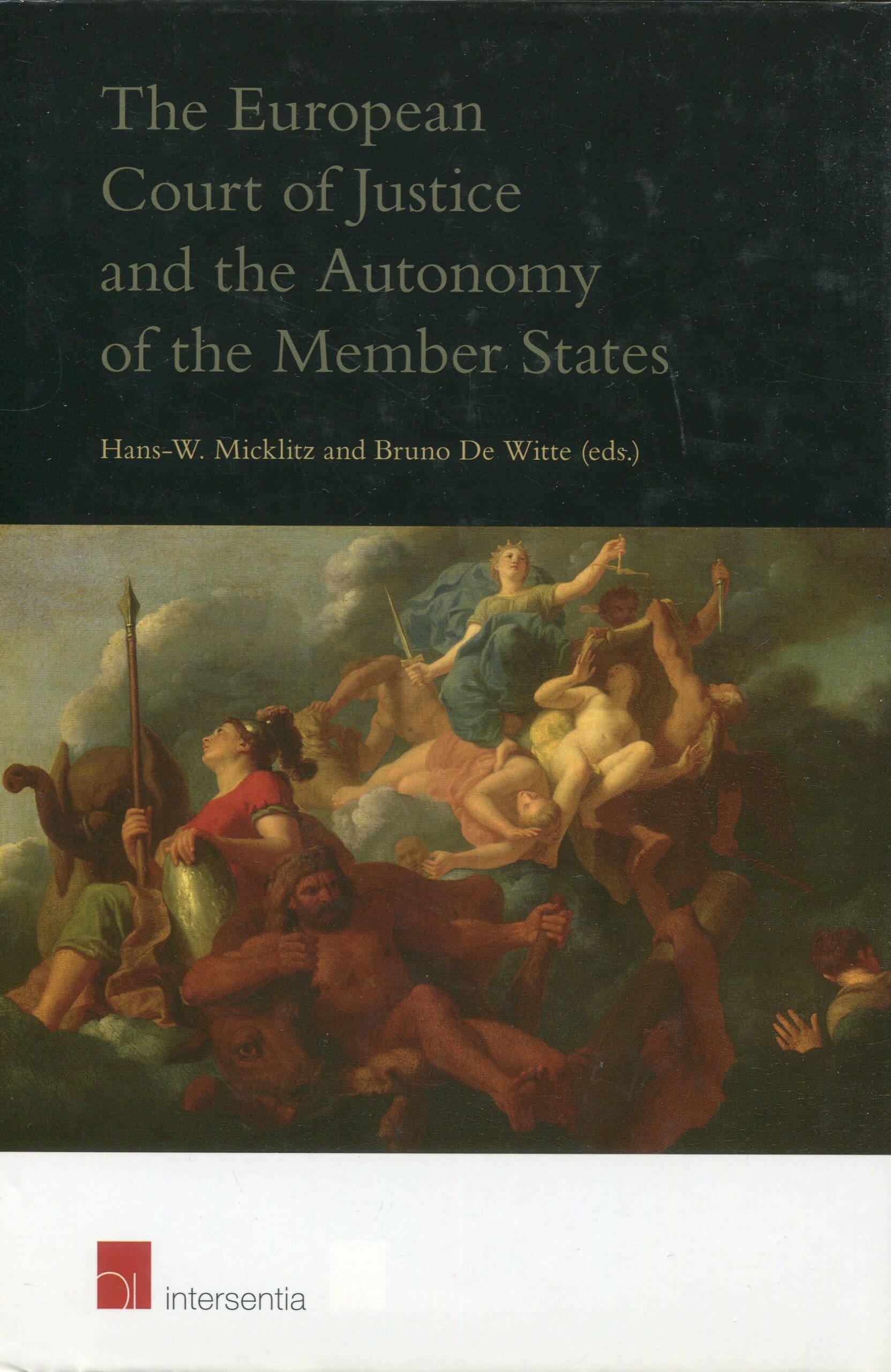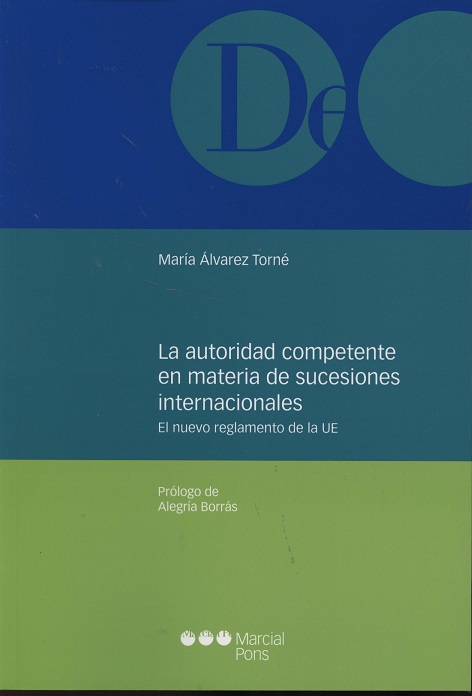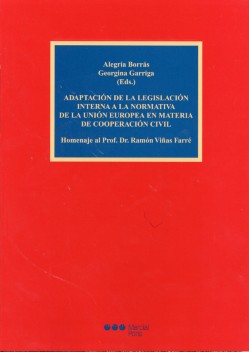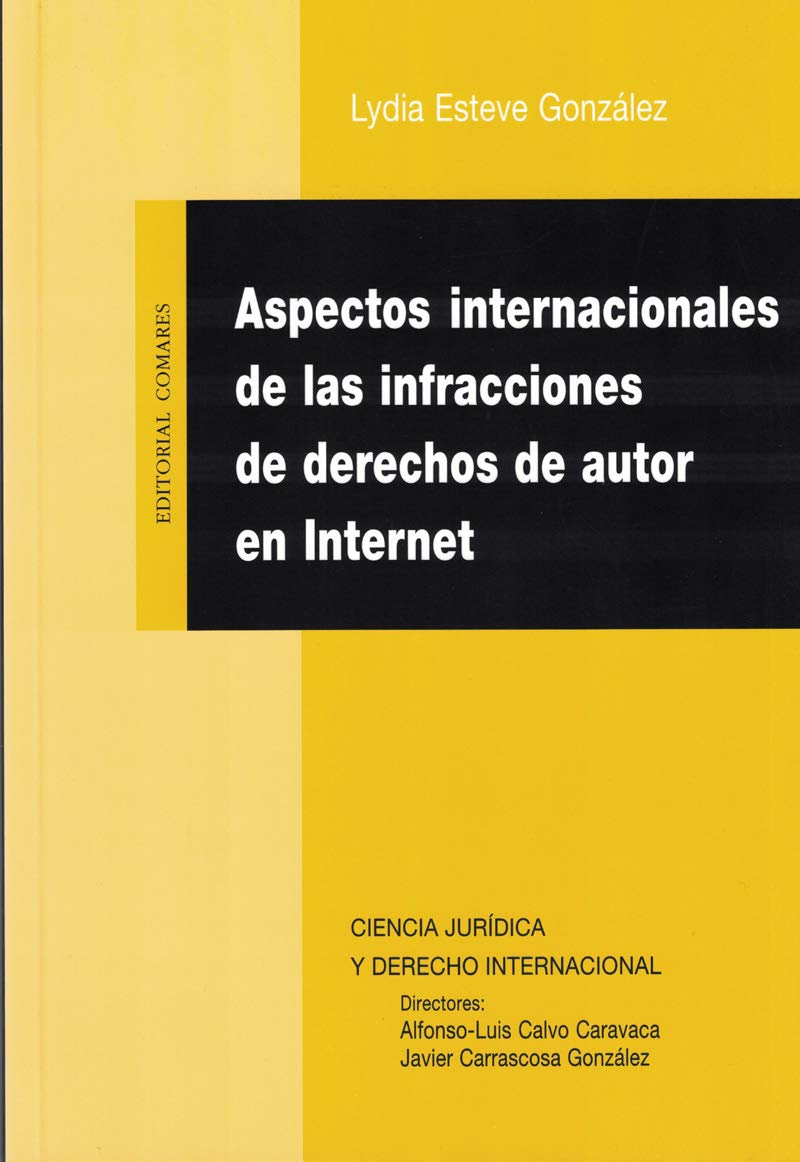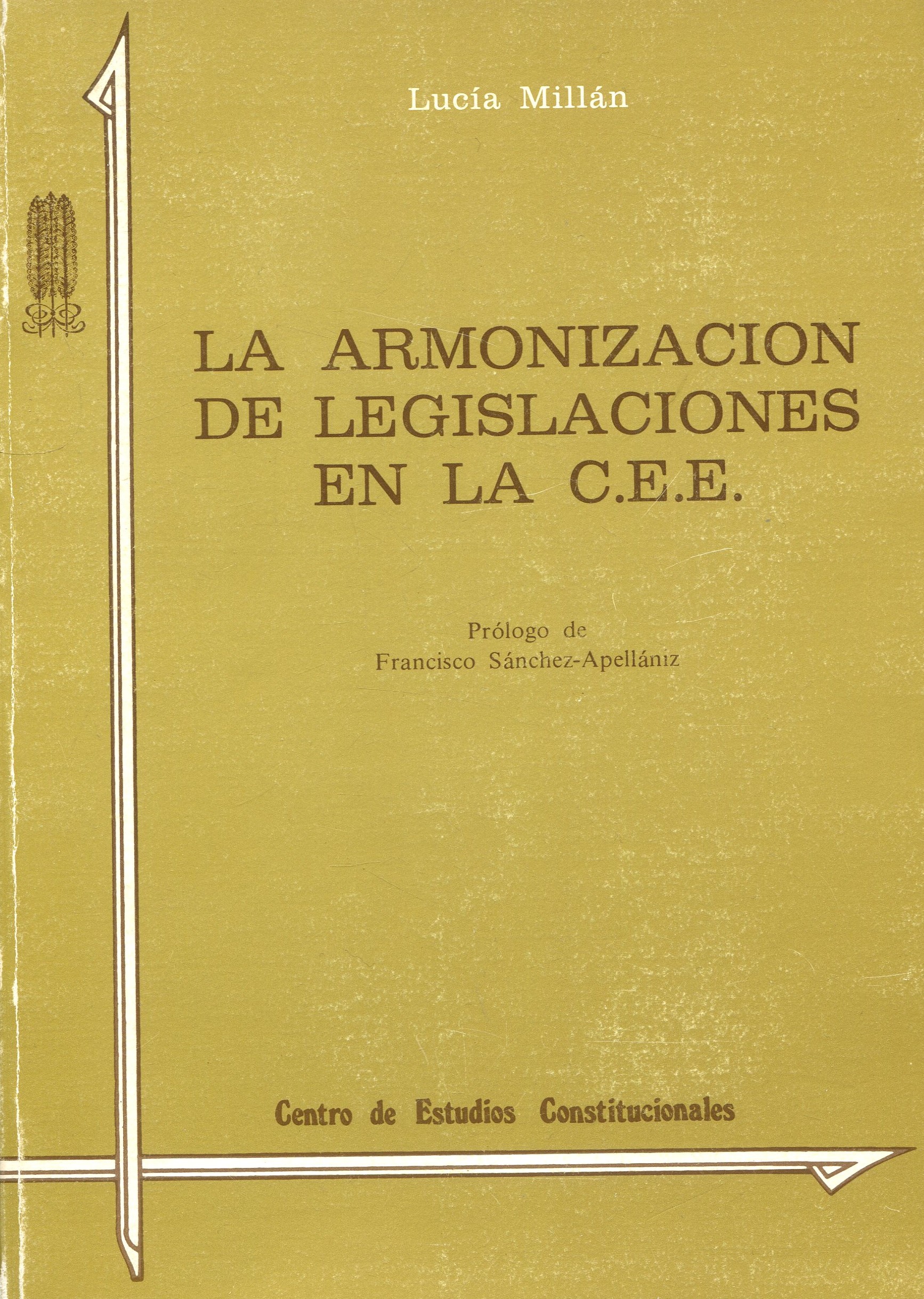European Court of Justice and the Autonomy of the Member States *
There is an impressive body of legal literature on the relationship between the European Court of Justice (ECJ). And its various ‘interlocutors’ (EU institutions, national jurisdictions, EU interest groups, multinationals, etc.)
There has also been occasional speculation at various points in time as to whether or not the ECJ was guilty of ‘judicial activism.’ Recently however, the ECJ has come under heavy attack from various sides. It has been
criticized by leading politicians, national judges. And legal academics for unduly extending the scope of EU law and overstepping its own jurisdiction, to the detriment of the reserved competences or (more broadly) the
political autonomy of the Member States. This volume addresses the issue by collecting and confronting the views of leading specialists of EU law. Examining the ECJ’s recent role in relation to the following five major areas
of contention:
the general role of the ECJ in defining the scope of EU law in relation to national law
citizenship and migration
fundamental rights and anti-discrimination
internal market * institutional autonom
y (rights, remedies, procedures, and sanctions).
Whereas individual Member State governments occasionally complain about judgments of the Court of Justice of the European Union, especially when those judgments curtail that state?s policy autonomy in a sensitive
domain, the collectivity of the Member State governments have agreed, in each treaty revision so far, to confirm and extend the far-reaching powers which the Court of Justice possesses for enforcing EU law.
MÁS TÍTULOS RELACIONADOS: DERECHO COMUNITARIO

